Just a couple of weeks out from election day in the U.S., yet another lawsuit landed in Republican nominee Donald Trump's inbox: A defamation claim from the "Central Park Five".
Trump said during his September 10 debate against Democratic nominee Kamala Harris that the Central Park Five had initially "pled guilty" and "killed a person ultimately". But they never did plead guilty at their trials, and the victim in the case survived.
The Central Park Five is a group of black and Hispanic men wrongfully convicted as teenagers of the several assaults, rapes, and robberies in New York City's Central Park in 1989.
They are Antron McCray, Kevin Richardson, Yusef Salaam, Raymond Santana, and Korey Wise, and were all aged between 14 and 16 at the time.
In 1989, Trump took out full-page ads in four prominent New York newspapers calling for the state to "bring back the death penalty" in response to crimes such as these that were blighting the city. The boys were never named in Trump's ads.
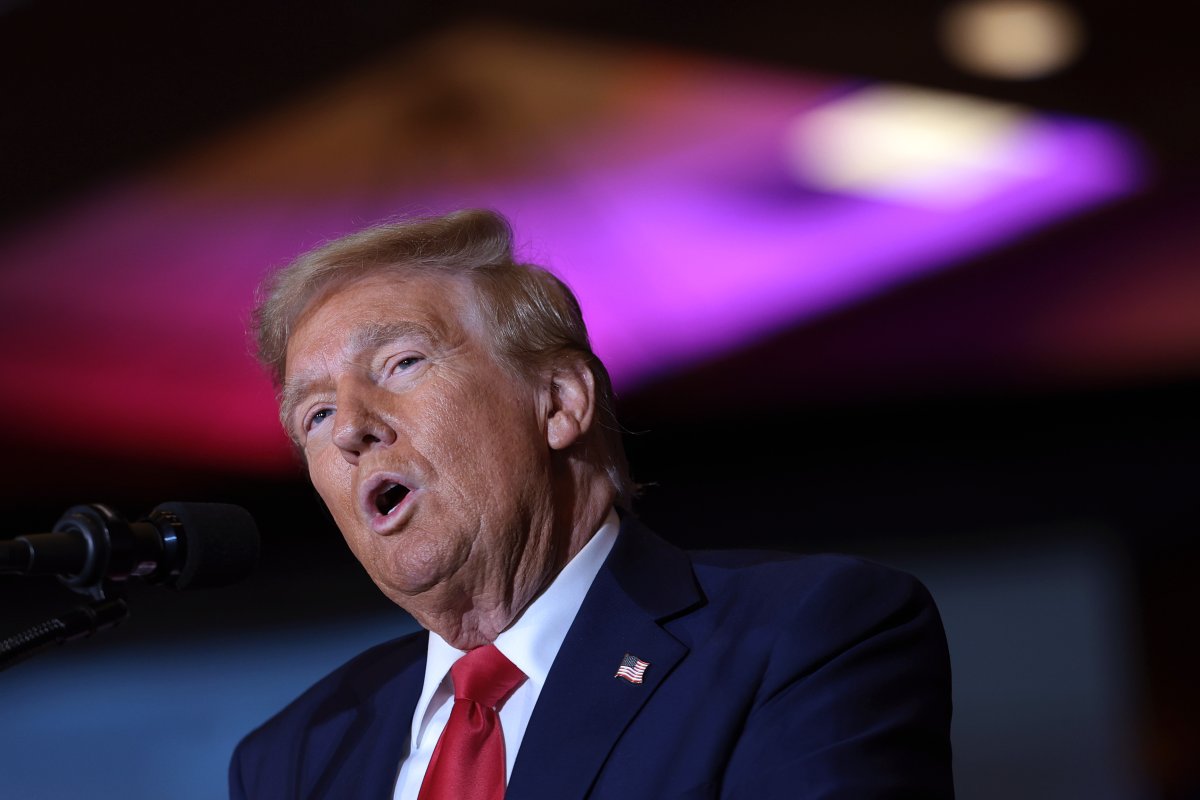
All five were exonerated by a judge in 2002 following a confession made by the real culprit in one of the rape cases, Matias Reyes, and a review of newly available DNA evidence—but all had already served their sentences.
The group was eventually awarded a $41m settlement after filing a suit against New York City over the handling of their case, arguing they had made false confessions—later recanted—under police coercion.
Now, they have filed a suit in a Pennsylvania federal court against Trump over his comments during the Harris debate, alleging that he made "false and defamatory" statements about them and that they have "suffered injuries" as a result.
Responding to the suit, Trump spokesman Steven Cheung told AP it is "just another frivolous, election interference lawsuit, filed by desperate left-wing activists, in an attempt to distract the American people from Kamala Harris' dangerously liberal agenda and failing campaign."
Newsweek asked several attorneys who specialize in defamation and the First Amendment for their views on the Central Park Five's lawsuit and Trump's vulnerability to it. Here's what they said.
Floyd Abrams, Senior Counsel, Cahill Gordon & Reindel
On the face of it, it seems like a strong claim. The core legal issue seems likely to relate to Trump's state of mind—does he really still believe (if he ever did) that the five individuals who law enforcement has unequivocally determined were not guilty were actually guilty? That's sounds like a difficult mountain to climb.
Erica A. Wolff, Partner, Sher Tremonte
In light of the protections afforded to speech in this country, plaintiffs must meet a high bar to state claims for defamation. This well-drafted complaint may very well meet that high bar. Former President Donald Trump, on national TV, falsely accused these plaintiffs of pleading guilty to and committing violent crimes he knows they didn't commit.
Trump may argue that the statement was substantially true because the plaintiffs confessed to involvement (before recanting, pleading not guilty, and ultimately being exonerated), but I think the average listener would have reasonably understood Trump to be saying these plaintiff assaulted and murdered someone (which is false and obviously very damaging to their reputations).
Robert A. Bertsche, Partner, Klaris Law
The former president is entitled to his own opinions, but not to his own facts. To say that the five men pled guilty and killed someone is the epitome of "reckless disregard for the truth"—which some might consider a fair summary of the latter days of the Trump campaign.
Dori Hanswirth, Partner, Arnold&Porter
The plaintiffs sued presidential candidate Donald Trump for saying, during a presidential debate, that they pleaded guilty to criminal acts resulting in the death of a person. On their face, these statements are not true. As the complaint alleges, the plaintiffs did not plead guilty.
However, they confessed while under police interrogation, and juries found them guilty of various crimes, though no crime that resulted in death. Years later, these plaintiffs were completely exonerated, and their convictions were thrown out. DNA evidence proved that someone else committed the crimes.
The complaint appears to adequately plead the elements of defamation. However, the context in which Trump made the statements provides multiple lines of defense. First, Trump stated that the plaintiffs "admitted" that they committed a crime; in fact, they did confess during police questioning. And, right after Trump said, "they pled guilty", he explained that they later "pled not guilty."
Thus, Trump might argue that his full statement is substantially true, or did not leave a materially different impression from the truth. Although the plaintiffs did not plead guilty in a court of law, they confessed guilt to the police.
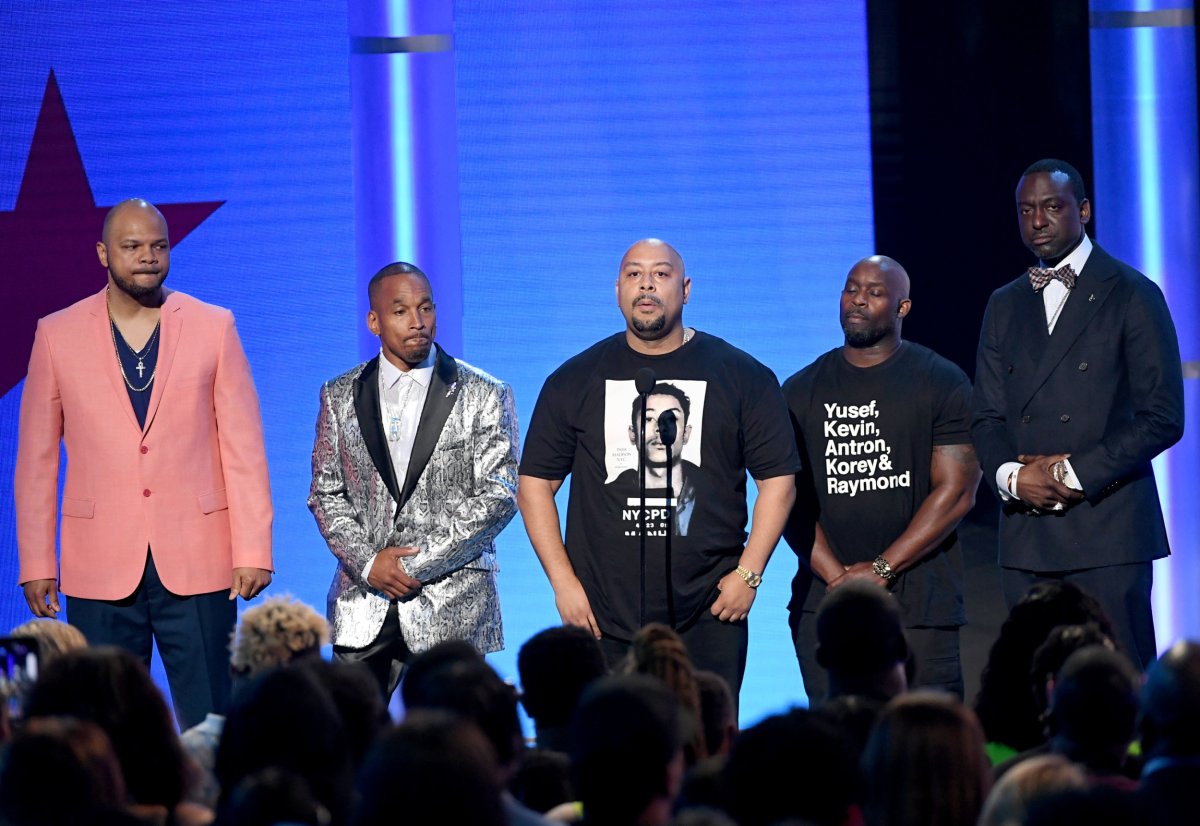
Second, the plaintiffs will have to prove that Trump made these statements with "actual malice", meaning that he knew they were false or acted in reckless disregard of whether they were true or false.
Although the complaint alleges that he must have known his statements were false because he knew about the plaintiffs' exoneration, Trump said during the debate that these incidents happened a very long time ago. The specific facts might not have been within Trump's knowledge at the time he made the statements, which could weigh against a finding of knowing falsity.
Third, the statements were made during a hotly contested presidential debate. Significant First Amendment protection should attach to both candidates' statements during the debate. Relatedly, these statements are fact-checked by multiple news media outlets, and any falsity in Trump's words could have been cleared up by the fact-checkers, which would ameliorate any damages to the plaintiffs' reputations.
Finally, the defense might be able to avail itself of the protections and immunities in various anti-SLAPP laws. For example, Pennsylvania recently enacted an anti-SLAPP law, and New York has had a robust anti-SLAPP law since 2020. If either of those are applicable in federal court, they might provide a complete defense or an immunity to this lawsuit.

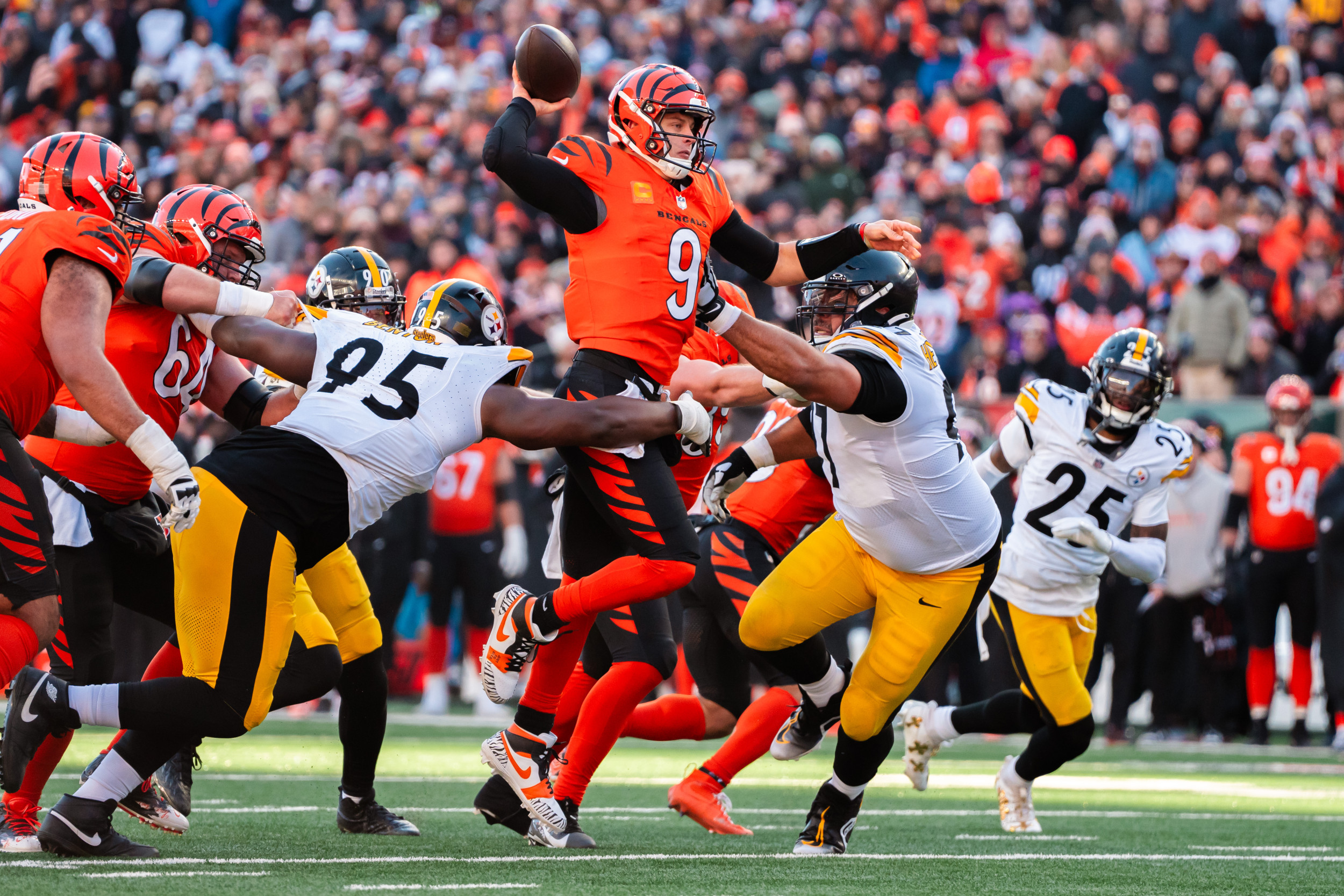




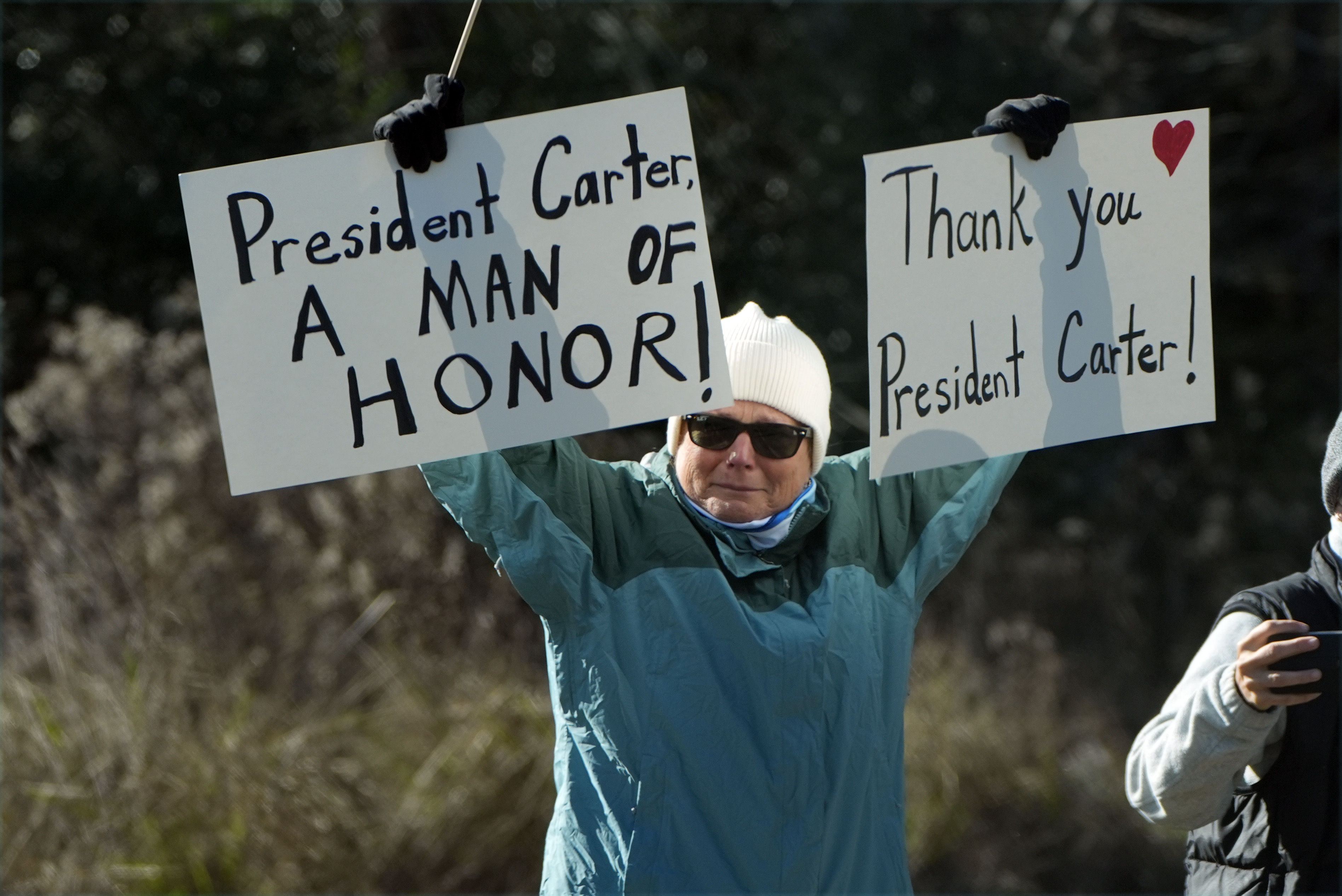



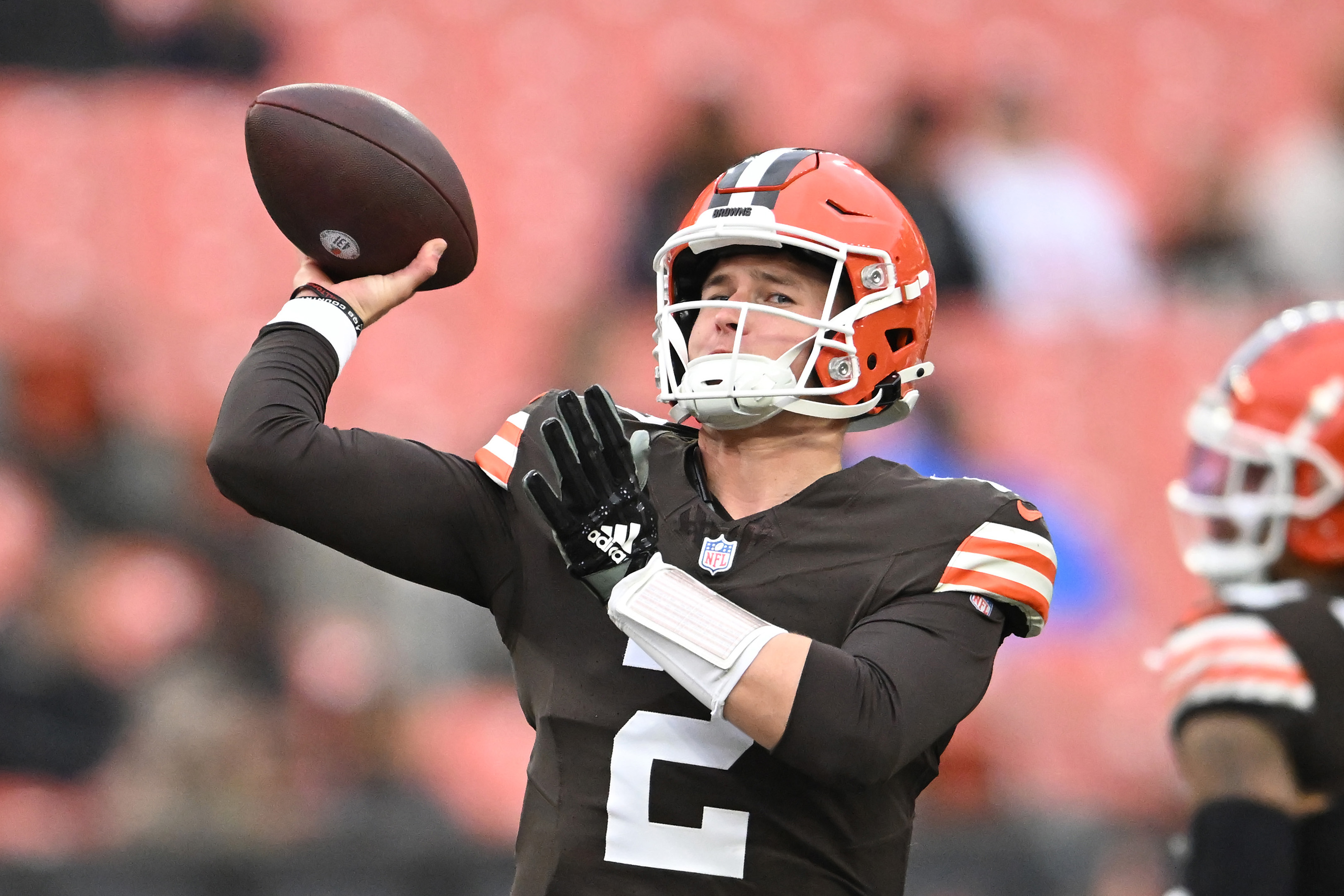
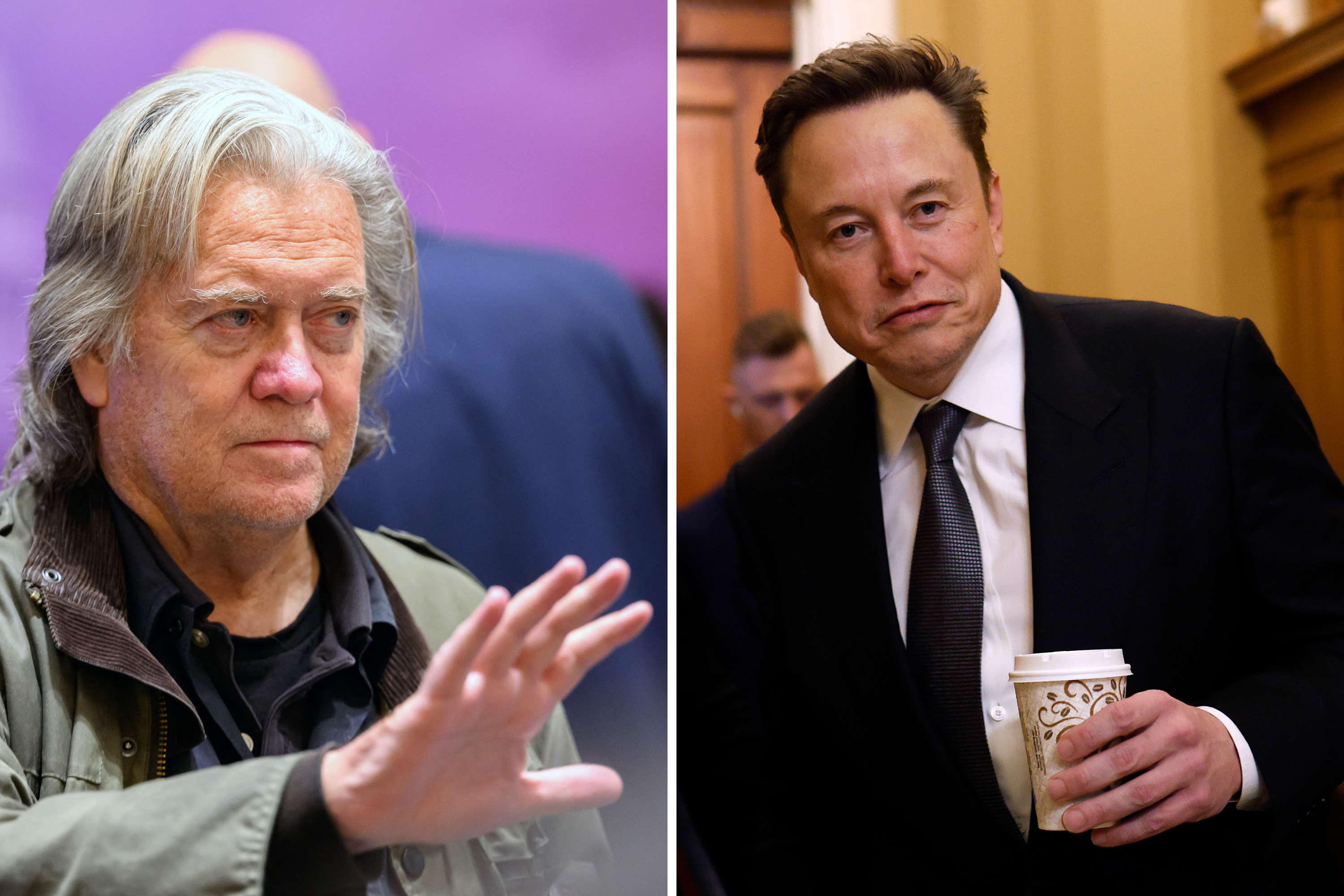







:quality(85):upscale()/2024/04/24/878/n/3019466/36c5693c662965c5d1ce91.72473705_.jpg)
 English (US) ·
English (US) ·